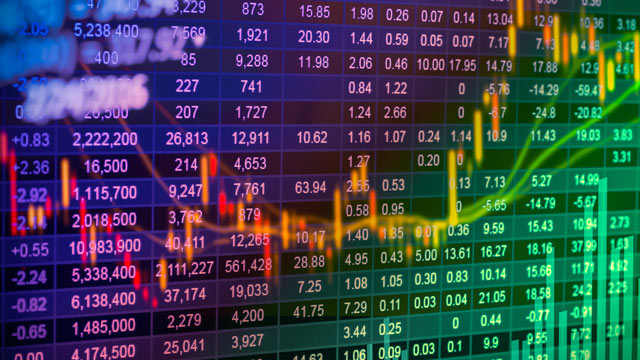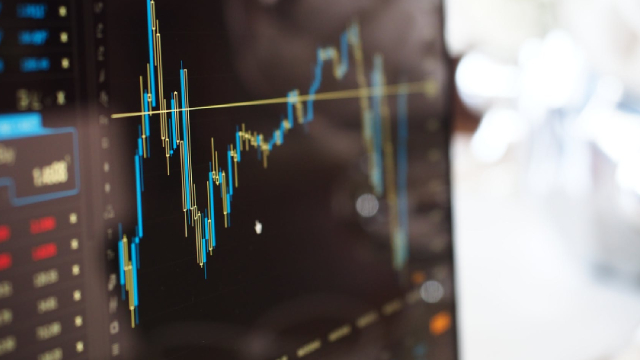Economic Indicators: The Playful, Quirky, and Relatable Guide
Hey there, curious cat! Ever heard the term “economic indicators” being thrown around and wondered what in the world they are? Well, buckle up, my friend, because we’re about to embark on a fun and enlightening journey into the world of these mysterious numbers that play a crucial role in our lives.
What Are Economic Indicators?
Think of economic indicators as the health report card of an economy. Just like how we check our temperature, heart rate, and blood pressure to gauge our overall health, economic indicators provide insight into the overall health and performance of an economy. They are closely watched by policymakers, advisors, investors, and businesses because they help them to make informed decisions about business strategies and financial markets.
Types of Economic Indicators
There are various types of economic indicators, each providing a unique snapshot of the economy. Let’s take a look at a few:
- Gross Domestic Product (GDP): This is the total value of all goods and services produced in an economy during a specific time period. It’s like the economy’s report card, indicating whether it’s gaining or losing weight.
- Employment Rate: This measures the percentage of the labor force that is currently employed. A low unemployment rate is like a big party where everyone’s invited and everyone’s dancing!
- Consumer Price Index (CPI): This measures the average change in prices of a basket of goods and services. It’s like the economy’s grocery bill, indicating how much money we need to spend to buy the same basket of goods over time.
- Interest Rates: These are the costs associated with borrowing money. They’re like the economy’s thermostat, controlling the flow of money and inflation.
How Do Economic Indicators Affect Me?
You might be wondering, “How does all of this affect me, a regular person going about my day?” Well, my dear reader, let me tell you!
When economic indicators are strong, it usually means that the economy is doing well, and this can lead to various benefits for individuals:
- Job Growth: A strong economy means more businesses are thriving, leading to new job opportunities.
- Higher Wages: With more jobs available, employers may be forced to offer higher wages to attract and retain talent.
- Lower Interest Rates: When the economy is doing well, central banks may lower interest rates to keep inflation in check and encourage borrowing and spending.
How Do Economic Indicators Affect the World?
But the effects of economic indicators don’t stop at the individual level. They also have a significant impact on the world:
- International Trade: Strong economic indicators can lead to increased international trade as countries seek to export their goods and services to other markets.
- Financial Markets: Economic indicators can influence stock markets, bond markets, and exchange rates as investors make decisions based on the health of the economy.
- Monetary Policy: Central banks around the world use economic indicators to determine their monetary policy, which can have ripple effects on the global economy.
Conclusion
So there you have it, folks! Economic indicators might seem like a bunch of numbers and statistics, but they play a vital role in our lives and the world around us. Whether you’re an individual looking to make informed financial decisions or a policymaker trying to navigate the global economy, understanding economic indicators is a must!
Now that you’ve learned the basics, go forth and impress your friends and family with your newfound knowledge. And remember, knowledge is power, so use it wisely!





